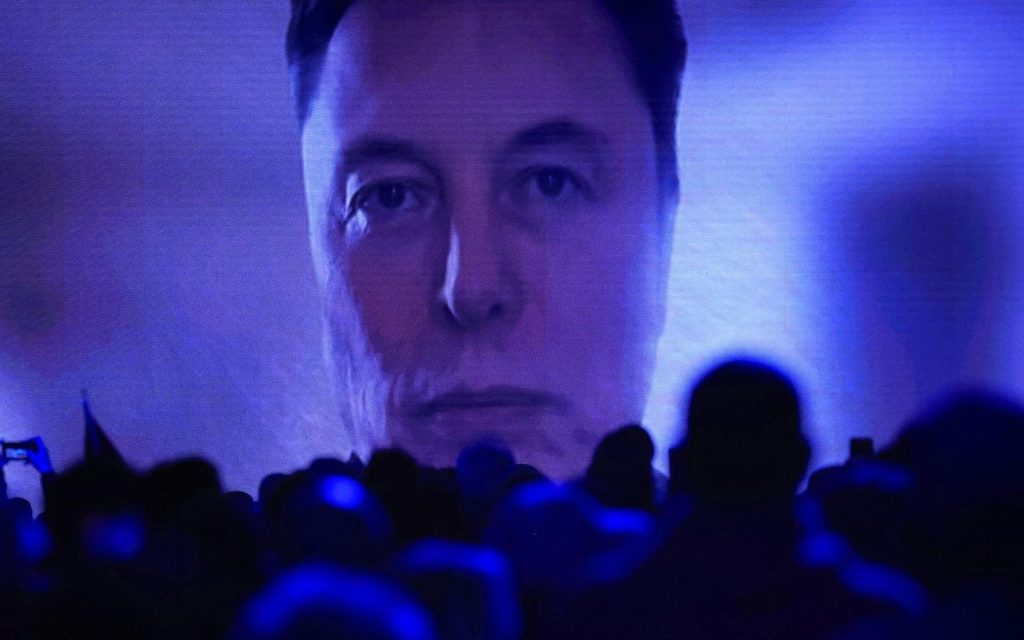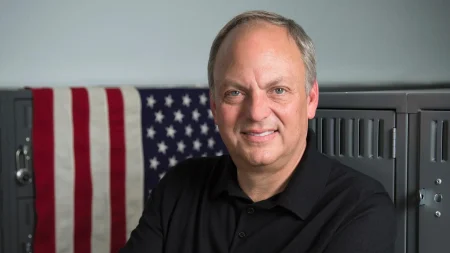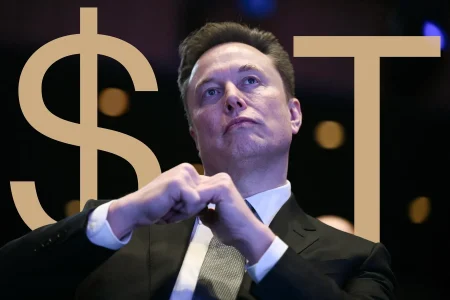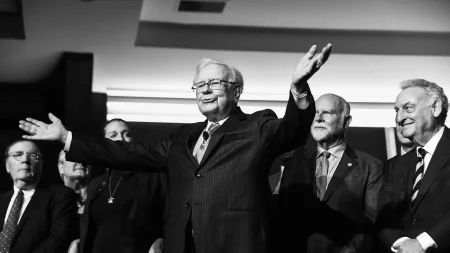Tesla’s Q4 Earnings Disappointment Masked by Musk’s Futuristic Visions
Tesla’s fourth-quarter earnings report for 2024 delivered a blow to investor expectations, marking the electric vehicle manufacturer’s first year of declining sales since its IPO fifteen years prior. Revenue and profit figures fell short of analyst projections, painting a stark contrast to the company’s previously robust growth trajectory. However, CEO Elon Musk, in his characteristic style, steered the narrative away from the disappointing financial results during the earnings call, captivating investors with ambitious pronouncements about self-driving taxis, humanoid robots, and Tesla’s purported advancements in artificial intelligence.
Musk’s pronouncements bordered on the fantastical, projecting Tesla’s future value to surpass a staggering $15 trillion – more than the combined worth of the next five largest companies. He painted a picture of immense future returns from investments in these nascent technologies, claiming a path, albeit a challenging one, for Tesla to become the world’s most valuable company. Despite the lack of concrete evidence to support these claims, Musk’s pronouncements, delivered with his signature blend of charisma and conviction, resonated with loyal shareholders, sending Tesla’s stock price upwards in the days following the earnings call. This surge defied the underlying financial performance and raised concerns about the disconnect between Tesla’s stock valuation and its fundamental business realities.
Financial Realities Clash with Market Optimism
A closer examination of Tesla’s financial performance revealed a less rosy picture. Over half of the company’s $2.3 billion net income in the fourth quarter stemmed from two volatile sources: a $600 million gain on cryptocurrency holdings and $692 million from the sale of electric vehicle credits. The former is subject to the unpredictable swings of the cryptocurrency market, while the latter faces potential decline as federal emissions regulations are reassessed. Further adding to the concerns, Tesla’s closely watched gross profit margin for auto sales continued its downward trend, eroding the company’s historically high margin advantage over the broader auto industry.
Financial analysts, such as JP Morgan’s Ryan Brinkman, expressed bewilderment at the market’s positive reaction to Tesla’s earnings, noting a "complete divorce from the fundamentals." The stock price movement, he argued, bore no relation to the company’s financial performance or its growth outlook for the coming year. This disconnect highlights the growing perception of Tesla as a meme stock, driven by speculative fervor rather than grounded financial analysis. The question remains how long this market sentiment can sustain itself in the face of mounting challenges and intensifying competition.
Musk’s Divided Attention and Tesla’s Leadership Vacuum
Beyond the immediate financial concerns, Tesla faces significant challenges related to its leadership and strategic direction. Elon Musk’s multifaceted involvement in numerous ventures, including SpaceX, X (formerly Twitter), xAI, The Boring Company, and Neuralink, raises concerns about his ability to effectively lead Tesla during a crucial period of its development. Critics argue that Tesla requires a full-time CEO focused on navigating the complexities of the automotive industry and the intensifying competition in the electric vehicle market. Musk’s controversial public persona and politically charged statements further add to the concerns, potentially damaging the Tesla brand, particularly in key markets like California, where the company has experienced a significant sales decline.
Adding to the leadership vacuum is the absence of a clear second-in-command at Tesla. The lack of a COO or president, coupled with the departure or sidelining of several rising star vice presidents, creates uncertainty about the company’s operational management and long-term succession planning. While investors like Ross Gerber, a long-time Musk supporter and manager of a substantial Tesla stake, acknowledge the company’s innovative products and potential, they also express growing frustration with Musk’s leadership style and the lack of accountability from Tesla’s board of directors.
Declining Sales and Intensifying Competition
Tesla’s sales figures in 2024 paint a concerning picture. Global sales contracted by 1%, marking a sharp reversal from Musk’s previous ambitious projections of reaching 20 million units by the end of the decade. The decline was even steeper in the U.S., Tesla’s home market, where sales fell by 5.6%. California, a key market for electric vehicles, saw a particularly sharp drop of 12%. Similar trends are emerging in the European Union, where Tesla’s sales declined by 13%. This slowdown reflects the increasing pressure from established automakers and new entrants in the electric vehicle space, who are offering a wider range of models at competitive prices. Tesla’s Cybertruck, initially touted as a game-changer, has failed to meet sales expectations, and the long-delayed Tesla Semi is unlikely to generate significant volume in the near future.
Over-Reliance on Unproven Technologies and Questionable Strategies
Faced with declining sales and intensifying competition, Musk has increasingly emphasized Tesla’s future in self-driving robotaxis and other futuristic technologies. He envisions the launch of an autonomous Cybercab in 2026, but this ambition hinges on the successful development of Tesla’s "Full Self-Driving" feature, which has faced significant scrutiny and regulatory challenges due to safety concerns and multiple crashes. Experts question Tesla’s reliance on a camera-only approach to autonomous driving, contrasting it with the more robust systems employed by industry leaders like Waymo, which utilize radar and lidar technology. The absence of these complementary sensors raises doubts about Tesla’s ability to achieve true self-driving capabilities in the near future.
Tesla’s overreliance on unproven technologies and Musk’s penchant for grandiose pronouncements divert attention from the company’s core business challenges. Addressing declining sales, improving product quality, and strengthening customer relationships should be prioritized over pursuing speculative and potentially distracting ventures. While Tesla’s innovation and focus on sustainable transportation are commendable, the company’s long-term success hinges on its ability to navigate the complexities of the automotive market and deliver on its promises, rather than relying on hype and futuristic visions.














